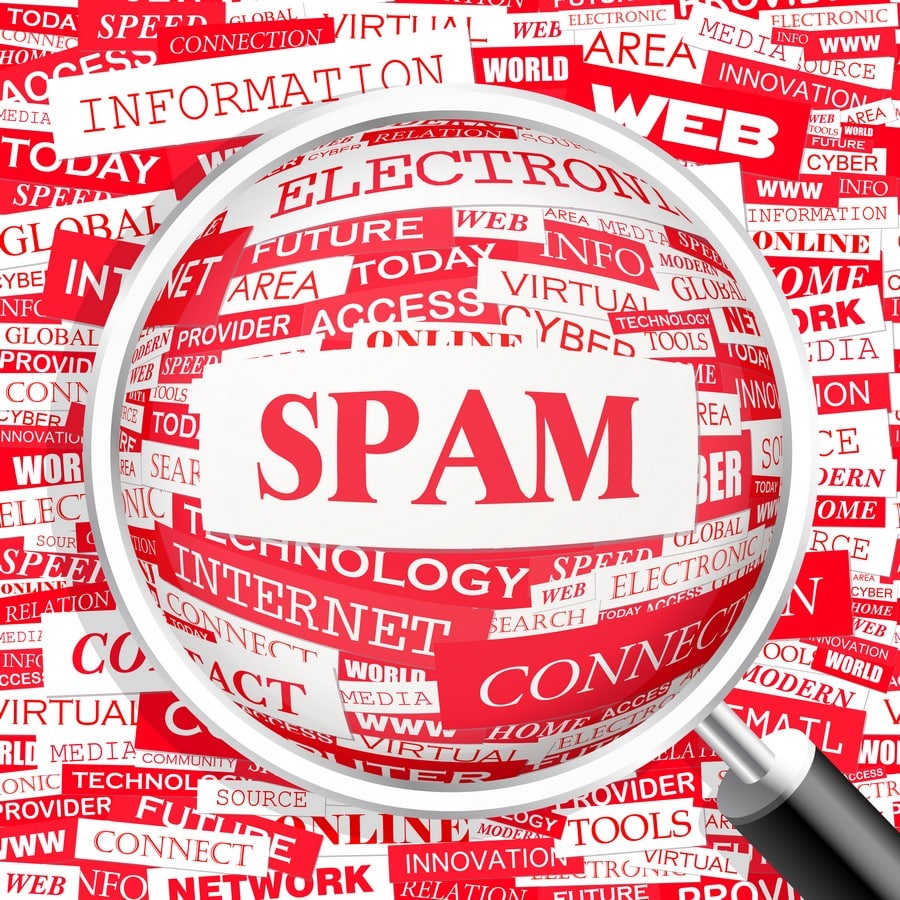Test Altospam’s solutions!
Thousands of companies, CTOs, CIOs, CISOs and IT managers already trust us to protect their e-mail against phishing, spear phishing, ransomware, …

For several weeks now, the world has been witnessing the invasion of Ukraine by Russian military troops. But a war is not just a series of battles and bombings. There are also battles taking place that you can’t see on TV channels or social networks. We’re talking about computer attacks. They involve the use of various tools, such as viruses and spam, to destabilize the adversary. In this article, you’ll discover how these methods played a part in the war.
Spam is unwanted e-mail sent by malicious people to individuals or businesses. The aim of this method is to pollute inboxes. Their mission is to waste the user’s time and retrieve sensitive information. What’s more, they can represent an IT risk, exposing you to cybercriminals. Added to all this is the stress they cause users, who feel oppressed.
Viruses are malicious computer programs. They are used to disrupt the normal operation of an entire computer system without arousing the user’s suspicion. They are dangerous because they can replicate themselves and spread across all the computers to which they have access.
Since the start of the war in Ukraine, there have been several waves of computer attacks on both sides.
In Ukraine, several malicious sites have appeared. In fact, they are carbon copies of some of the most important sites used daily by thousands of Internet users. These are generally sites that offer essential services to the public. They deceive users’ vigilance and spread dangerous software on their computers. The aim of these attacks is to paralyze public services, as well as certain government sites.
In the course of this war, a number of dangerous software programs were detected on the majority of computers in Ukraine. These are enhanced viruses with legitimate electronic certificates. With the help of these certificates, they can install themselves on the computer without being detected by the various antivirus programs and without arousing the user’s attention. These programs can infect all the information on your computer, deleting important data. What’s more, some can render infected computers completely unusable.
Two major spam campaigns have been observed since the beginning of the war.
– The first campaign focused on the organizations and manufacturing sectors of several companies. These viruses are presented here in the form of an urgent investigation into the war in progress. As soon as the user validates the request, the virus installs itself, using ingenious methods to divert the owner’s attention. The purpose of these viruses is to exfiltrate important data on the computer.
– The second wave of this virus uses an ingenious technique. She poses as a distributor of medical equipment needed to combat the global health crisis. It then asked companies to temporarily cancel their orders because of the war in Ukraine. Once the target company validates this request, the virus spreads to all workstations. He can then grab the important information.
Computer attacks have always been a formidable weapon, and in times of war they can be used even more intensively to destabilize adversaries. Human awareness and vigilance, as well as the use of computer protection tools, remain crucial.
Test Altospam’s solutions!
Thousands of companies, CTOs, CIOs, CISOs and IT managers already trust us to protect their e-mail against phishing, spear phishing, ransomware, …